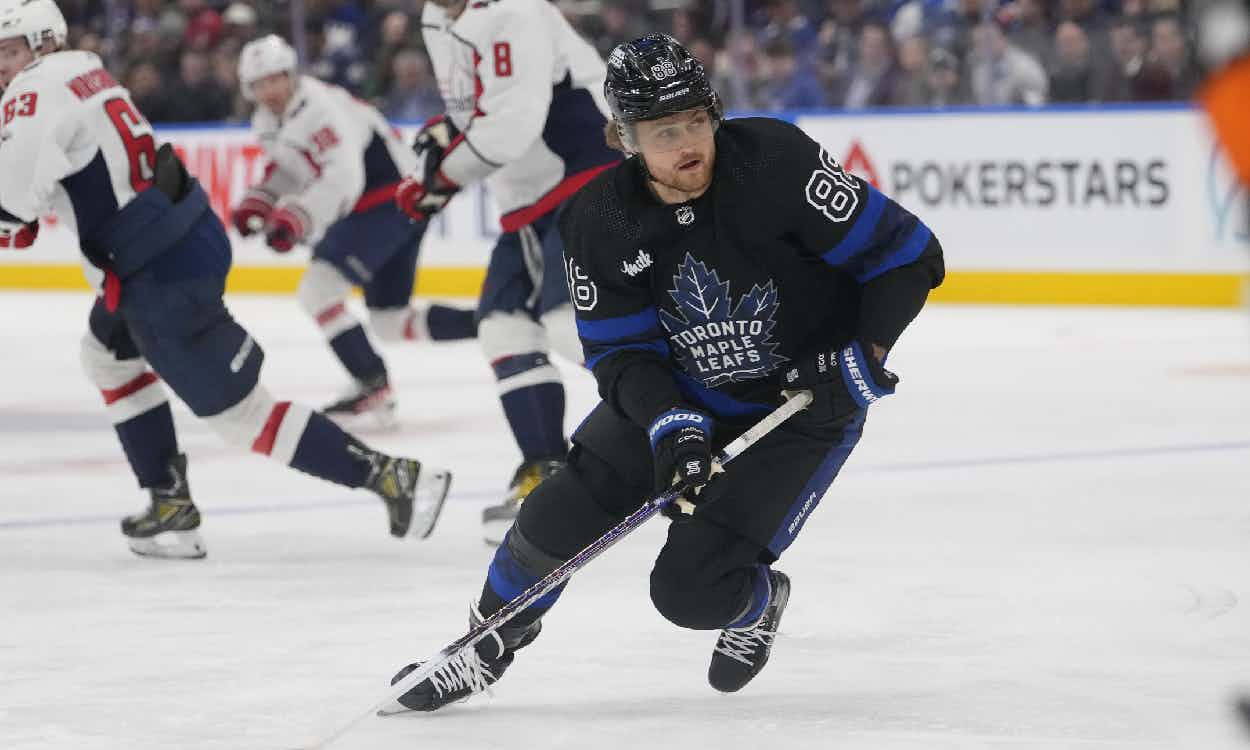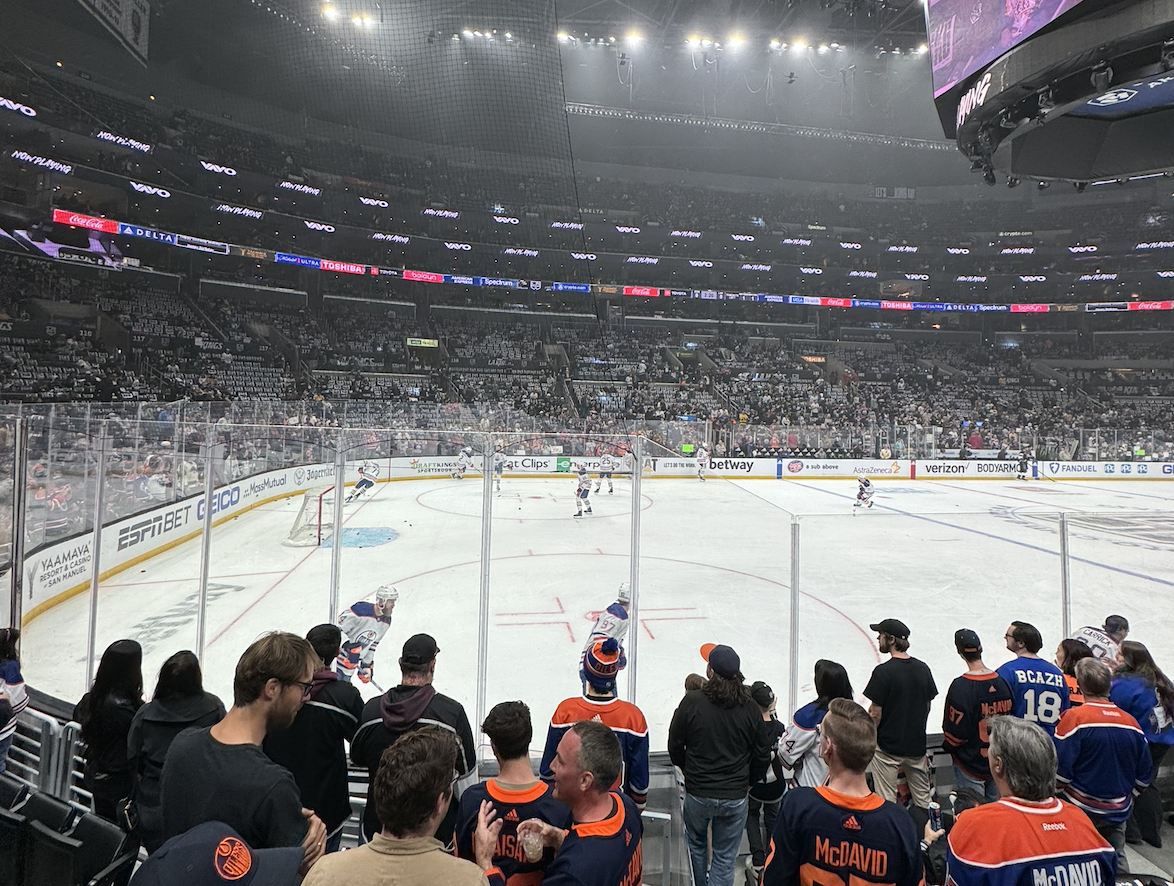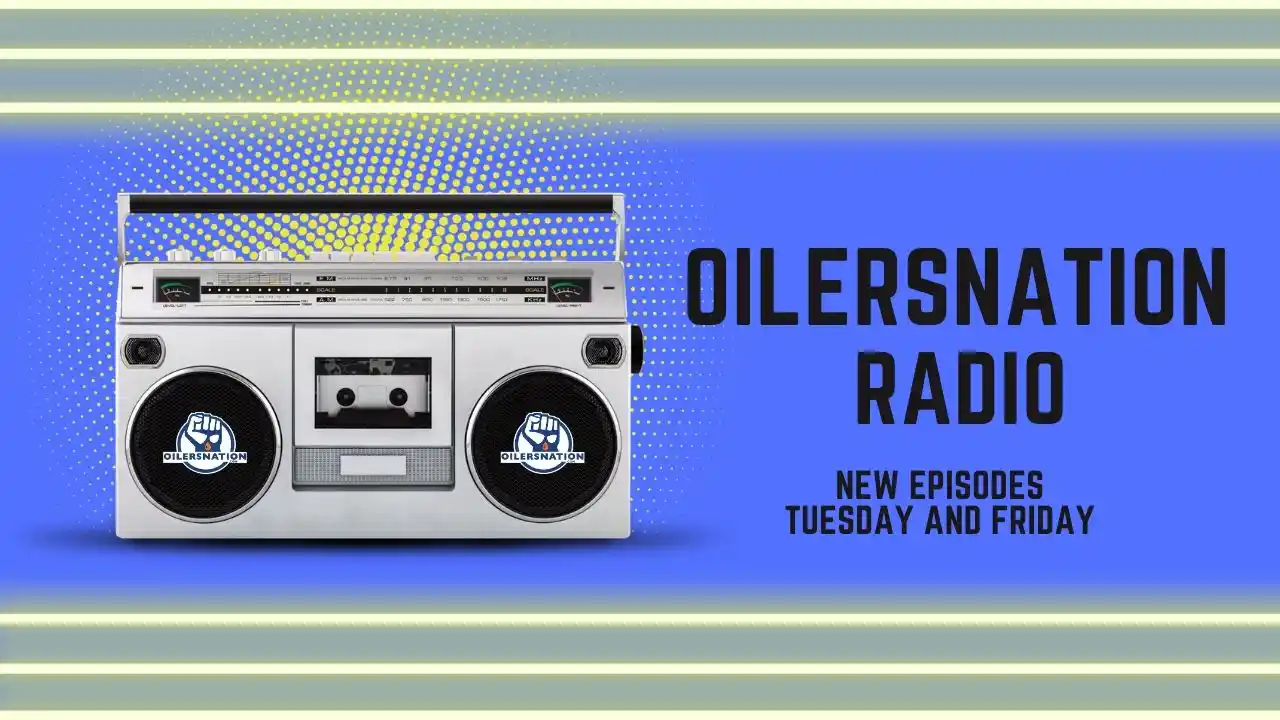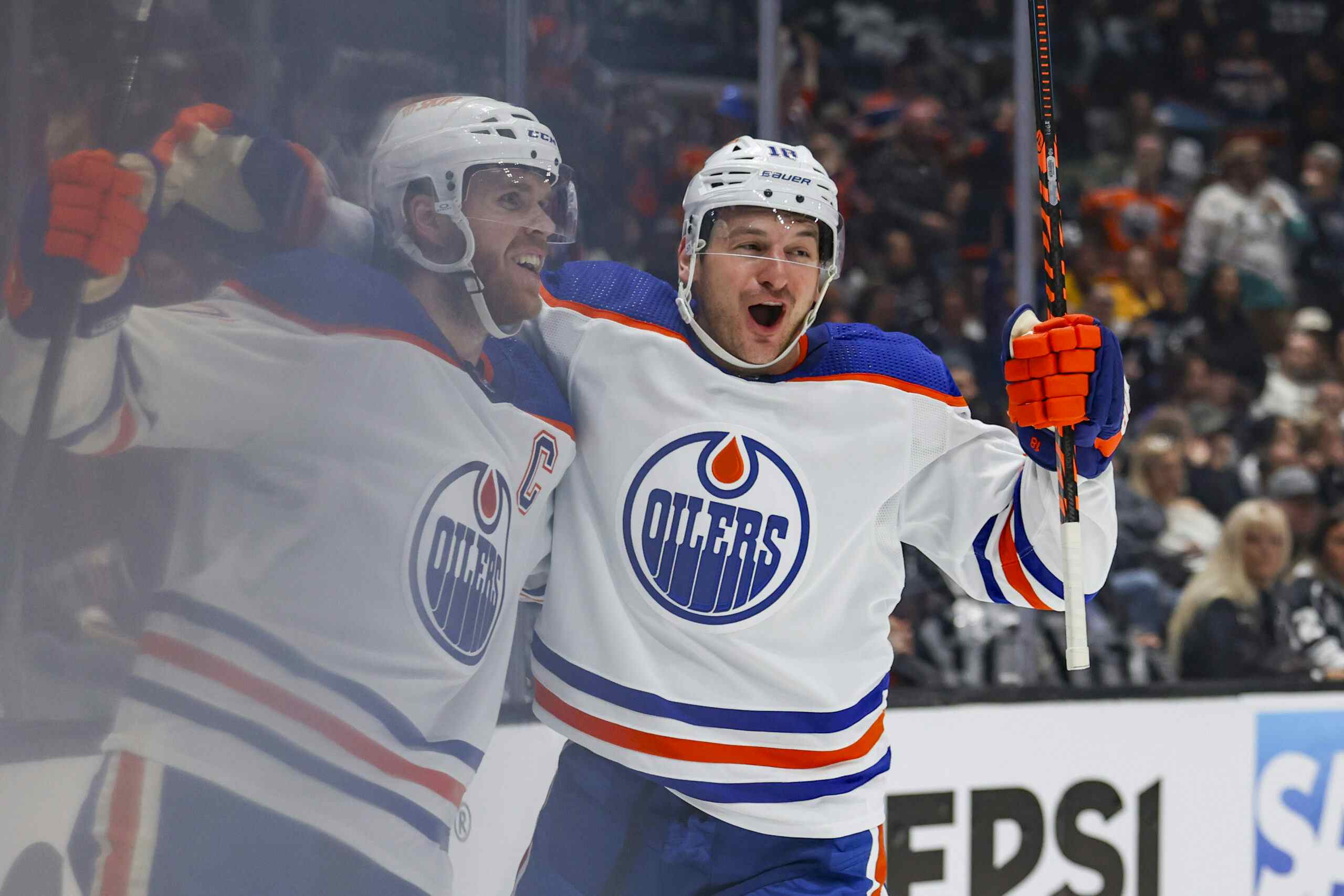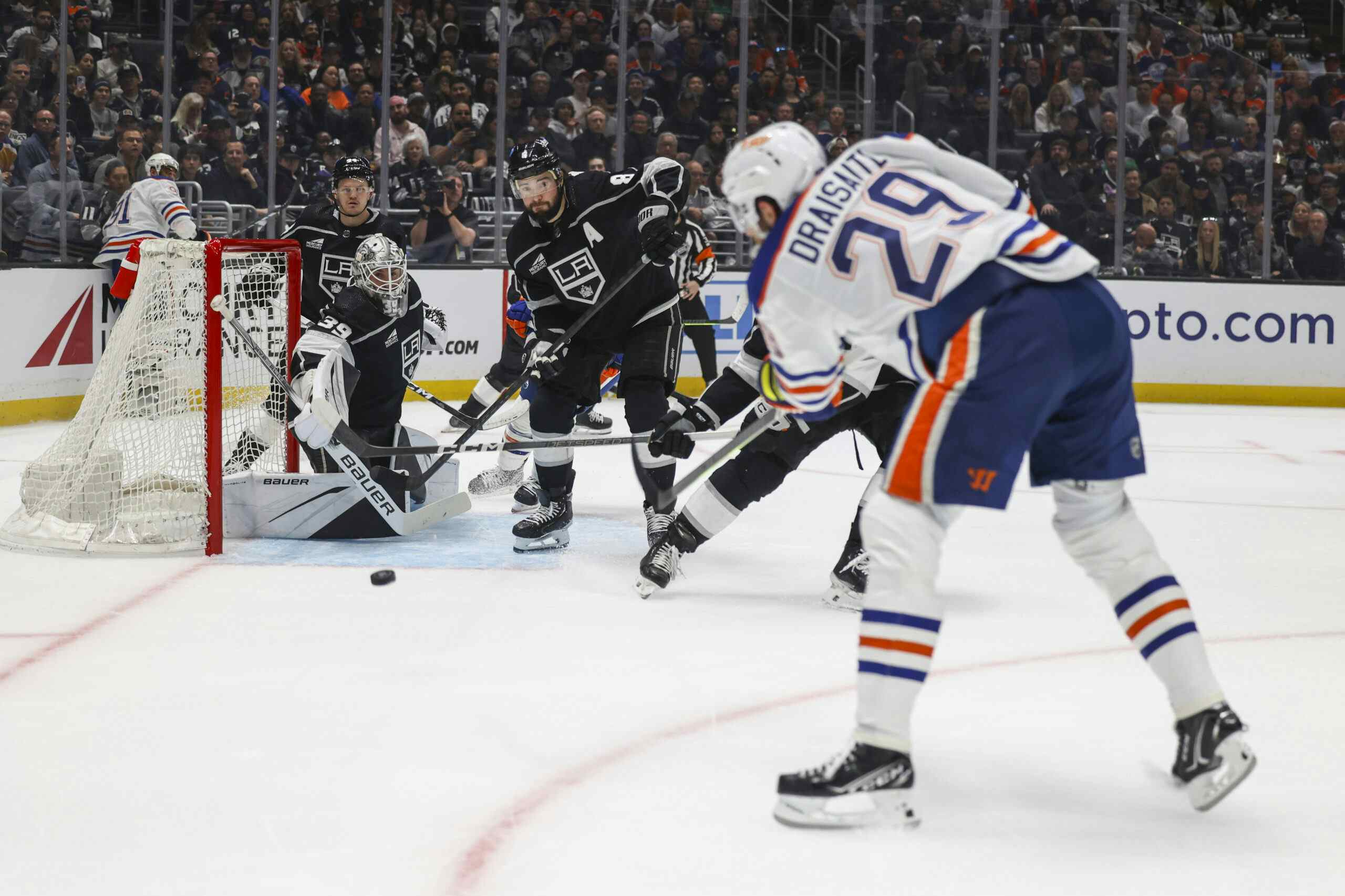We’re bad at judging NHL coaches

The Edmonton Oilers took a major step back under Ralph Krueger last season. Under (the much criticized) Tom Renney, the 2011-12 Oilers had dramatically improved in their ability to win the shots battle with the opposition; poor goaltending from Nikolai Khabibulin and other factors obscured the improvement but it was there. Renney was fired and Krueger promoted, and the team stepped into an elevator shaft.
But I’m not really writing about that. I’m writing about the second most-criticized man in any hockey rink, the head coach, and why so much of the criticism misses the mark.
Things We Criticize
Thinking back to Ralph Krueger and Tom Renney, what parts of their coaching were most criticized? For me, the list is basically this:
- Poor leadership. He’s not demanding enough or he’s not willing to hold guys accountable or the team doesn’t feed off his emotion all belong to this class of complaint. (Or, going back a few years, this is the “MacT has lost the room” argument).
- Poor lineup choices. He’s playing the veterans too much and the kids too little, or he has the wrong goalie in net, or he’s left a guy in the minors too long, or he hates offensive talent, or even he won’t dress the enforcer all fall under this heading.
As fans and pundits and media we’re very good at critiquing perceived problems with a coach’s personality or presentation, and very good at hammering on him for not putting the lines together the way we’d like.
Things We Only Criticize After The Fact

Of course, there’s a whole other part of a coach’s job – arguably the main part – that almost never gets hammered in advance of the problems showing up. That’s tactics. In writing this piece, I tried to think of a time where I’d seen some tweeter or commenter or blogger or distinguished member of the media wing of the Hockey Hall of Fame look at a team and say, ‘you know what, he has his initial forechecker committed too deep when his second forward is pressuring the pass; this team is going to struggle to gain possessions relative to the rest of the league off dump-ins’ and then go back a few months later and say, ‘see all this trouble – it’s because his initial forechecker overcommits rather than breaking back after he’s forced the pass.’
I’m not criticizing those commenters or bloggers or distinguished veteran reporters; I fall into the same boat. It’s difficult to look at an NHL coach’s system and say, ‘he’s doing it wrong, let me explain how.’ For starters, it requires a strong understanding of tactics that most of us simply don’t have and secondly it requires a lot of chutzpah to say ‘I know enough to critique an NHL coach’s tactics.’ There are a handful of TV commentators that at their best can make valid, insightful comments on why a strategy succeeds or fails, but they’re a small group. Beyond Don Cherry, who time has caught up with and left in the rearview mirror, I’m struggling to think of one that brings up perceived tactical problems regularly.
That’s understandable. It’s also an issue.
The Great Leader of Men

Let’s shift gears for a moment, because there’s an analogy I want to make. Think of a great military leader – a general or an admiral or whatever – in terms of the three areas we’ve outlined with coaches. Of the things he does, which matters the most – his ability to inspire his men, ensuring his most competent officers are put in the best positions, or his ability to out-think his opposition counterpart? Without question, they’re all important, but his ability to cheer the men and promote the right officers is going to be irrelevant if he’s sending them into an enemy ambush. It’s the tactics that matter the most.
That takes us to George Rodney, one of Britain’s most successful admirals – and given the history of the Royal Navy, that’s saying a lot. Wikipedia has a decent write-up on him, while Military History Monthly goes into his tactical genius. He’s basically the opposite of the guy we described in the last paragraph, not only because he was a brilliant tactician but also because he was terribly lacking in the other two areas. He had a reputation for playing favourites, for taking prize money for himself that should have gone to his captains and just generally for being dishonest and awful with his subordinates. But he was brilliant as a commander because he was an innovative tactician with a knack for applying the most force at the most critical point.
Now, there’s an argument to be made that for a coach at the NHL level, the ability to inspire players and especially to put the best lineup together is more important relative to tactics than it is for a military commander. I think that’s likely true, but I also think that their importance is vastly overemphasized relative to tactics in the media not because they matter more but because we’re bad (as a class) at critiquing tactics. Jacques Lemaire, love him or hate him, was a tactical innovator and extraordinarily successful because of it. And here’s how Chicago GM Stan Bowman described his father, legendary coach Scotty Bowman:
The one thing my dad’s always been so good at, I think, is he’s been able to adjust…. [F]or a guy who’s ‘old school’ and has been around so long, he’s incredibly progressive and willing to try new things, willing to do things which are not the norm, and that’s what made him successful as a coach … he was very unpredictable … I think all coaches today are kind of – I don’t want to say programmed – but they’re led to do a certain thing. So if you can force yourself to try things maybe a little different or take a different approach, it’s going to give you that advantage. Ironically I think what makes him so exceptional is that he didn’t think he had all the answers.
Back To The Oilers

Thanks to Tyler Dellow’s work, there is a very good argument that there was a specific tactical problem with Ralph Krueger’s teams when compared to Tom Renney’s teams. Their play in the neutral zone, more specifically in the 45 seconds following a neutral zone faceoff win, imploded. They were worse everywhere, statistically, but the numbers here were night-and-day. What, exactly, were they doing wrong? I don’t know, and I’ve yet to see a convincing argument from anyone on that point. But on Oilers Now yesterday, assistant coach Steve Smith made it clear that Dallas Eakins thinks he knows – he said “there were some things that [Eakins] didn’t believe in or understand what Ralph was doing” with respect to the club’s neutral zone system.
If Eakins fixes the problem, the team will be much better. Doubtless, we’ll hear a lot about how he’s holding players accountable and getting the most out of his line combinations, and maybe that will be true. But it isn’t those things that got Ralph Krueger fired – he wasn’t canned because he didn’t get mad enough at press conferences or throw enough chairs in the dressing room or sometimes had Nail Yakupov on the third line. It was almost certainly results, driven by that neutral zone collapse, that made Krueger vulnerable and it seems likely that the collapse was caused by tactical problems.
Eakins, wisely, has talked a lot about his approach to players and accountability, but there have been little comments from him and others all summer about tactical changes too, from Eakins comment on running multiple systems the day he was hired to Smith’s answer yesterday. The former points have gotten a lot of press, but I can’t shake the idea that it is his abilities in the latter area that will make him succeed or fail in Edmonton.
Recently around the Nation Network
Jason Gregor wrote earlier today about why Mikhail Grabovski should appeal to the Oilers; at Canucks Army Cam Charron makes the same argument for Vancouver:
Mike Gillis has talked about having a roster spot open for one of the kids to compete for, but I think that [Jordan] Schroeder should be in that competition. If he’s one of the 12 NHL forwards the team has under contract, it’s an indication the Canucks don’t have enough depth to make it through a full season. They need skill, they need speed, and they need centremen.
Click the link above to read more, or check out some of my recent stuff:
Recent articles from Jonathan Willis

